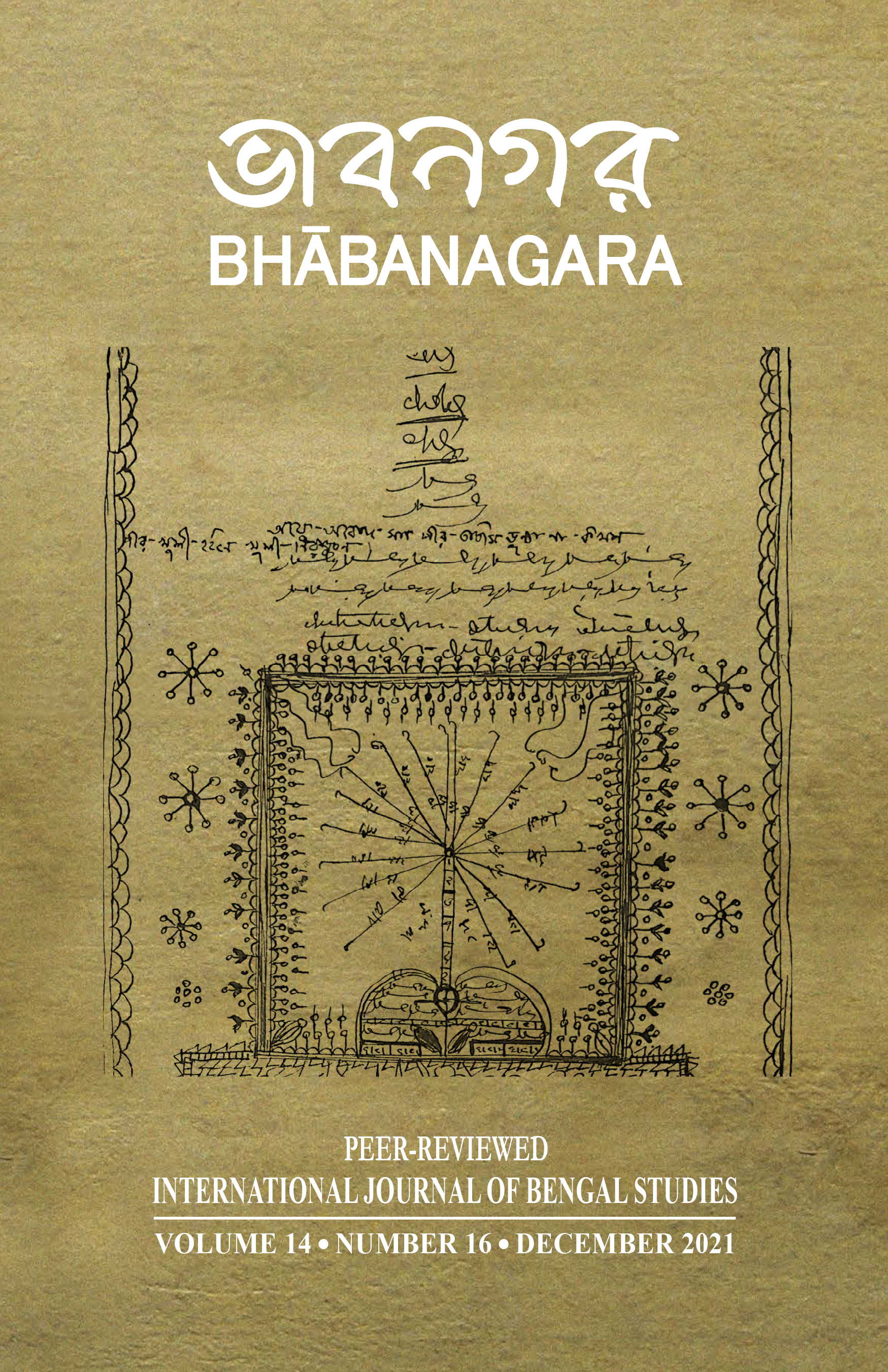চর্যাপদের ঐতিহ্যিক পরম্পরা: নেপালের চচা-গান 'ডোম্বিনী' | Traditional Heritage of Charyapada: Caca songs of 'Dombini' in Nepal
DOI:
https://doi.org/10.64242/bijbs.v14i16.1Abstract
This essay is the narrative analysis of one of the specimen of Caca songs performed as rituals among the Bajracarya group of Newari-Buddhists living in Kathmandu vally in Nepal. Caca has been derived from Carya or Carca. Performing Caca is a must part of worshipping ritual. Caca are the expressions of religious and philosophic notion and practices in Newari culture. Caca song is well-connected with the Bengali interests through its medium of ancient Bangla words. This form of language found in Caca song later brought about Bangla, Hindi, Maithili and other modern languages. The main pursuit of this essay is the detailed comparative analysis of one of the texts of a Caca song called Dwambini, e.g. Dombini, taken from the 23rd page of the book Caca Muna by Ratnakaji Bajra Acharya, published from Kathmandu. The narrative of the analysis exposes the ambiguous meanings of the text, in terms of the dictionarical and ornamental explanation of the investigated words and phrases sampled.

Downloads
Published
Issue
Section
License
Copyright (c) 2021 BHĀBANAGARA: International Journal of Bengal Studies

This work is licensed under a Creative Commons Attribution-NonCommercial-NoDerivatives 4.0 International License.





